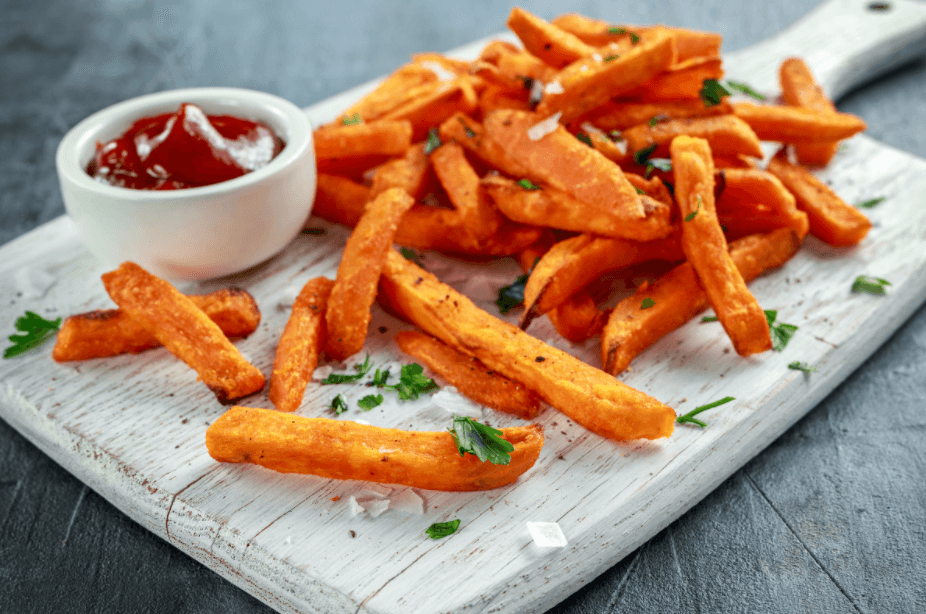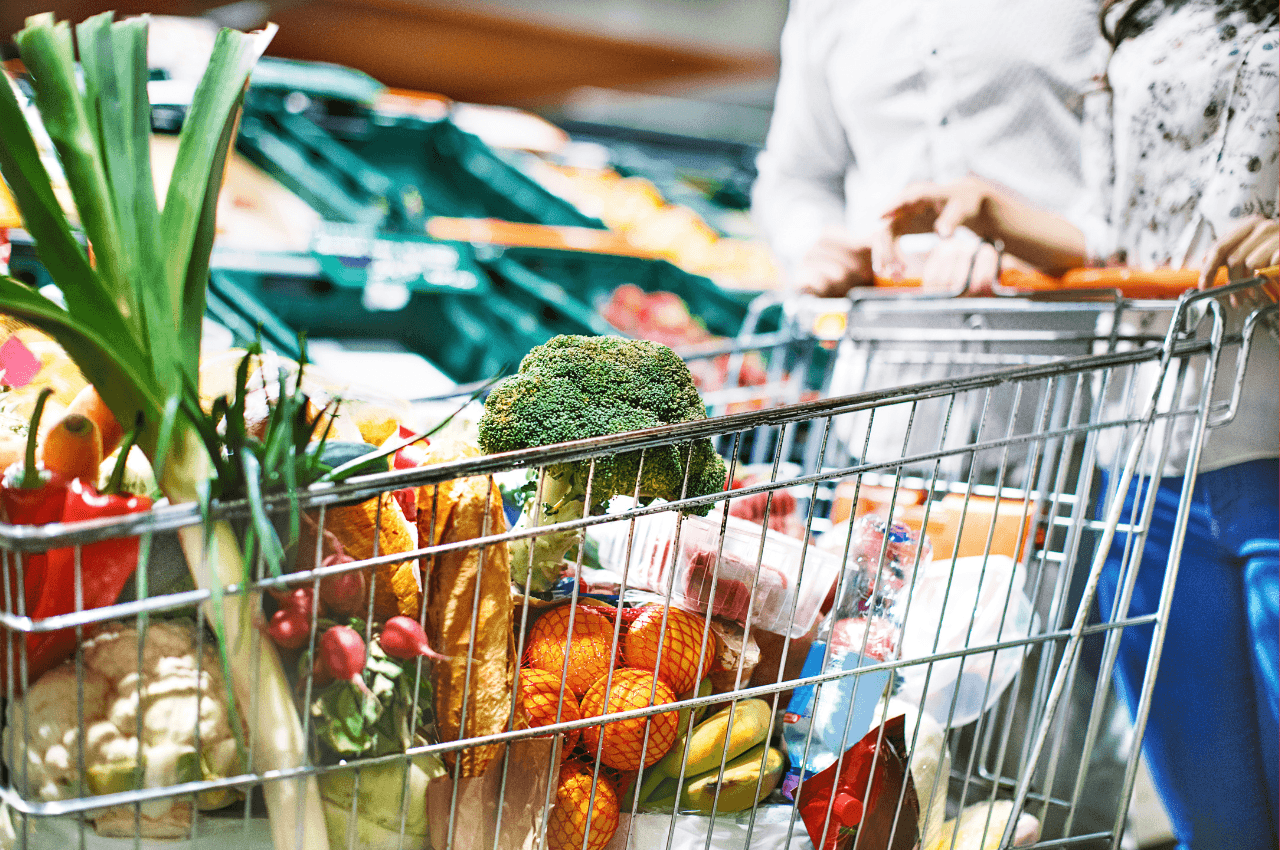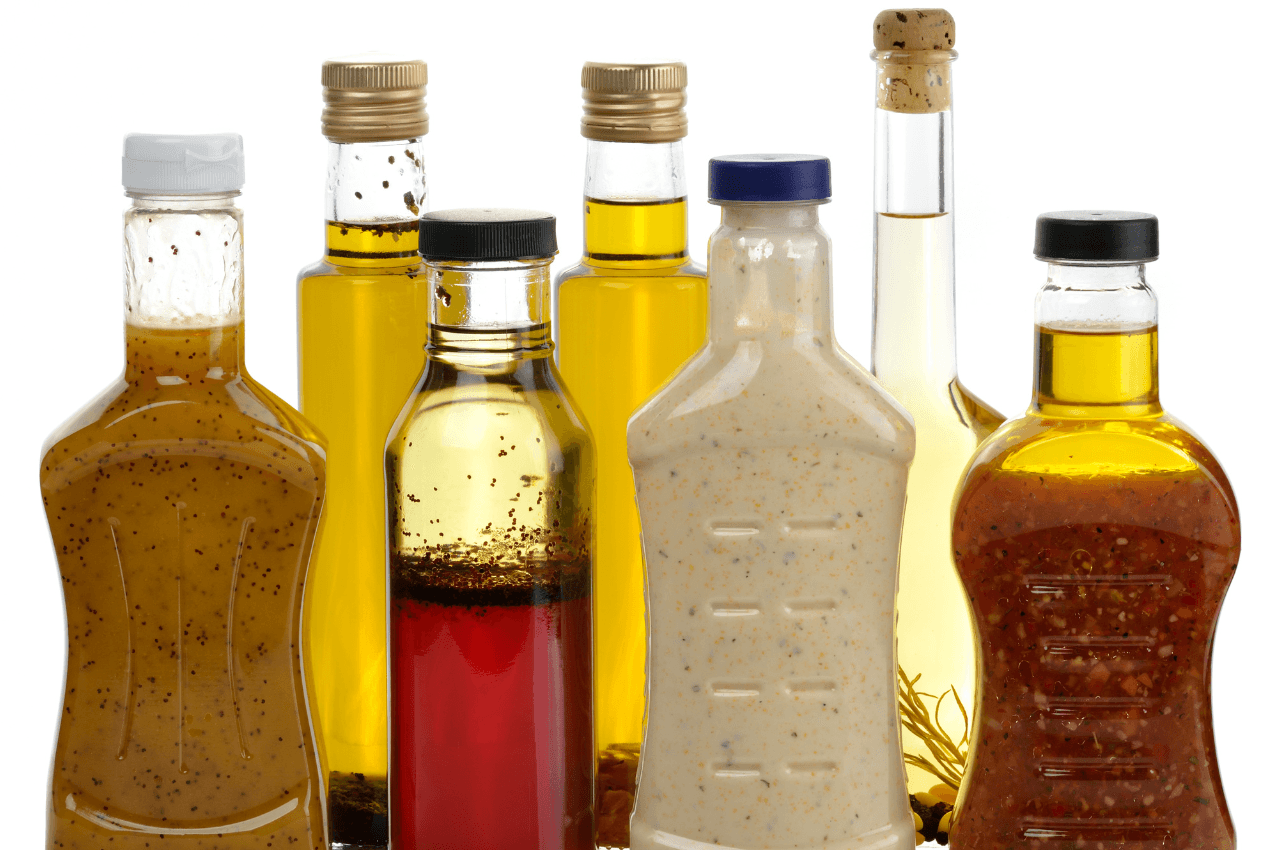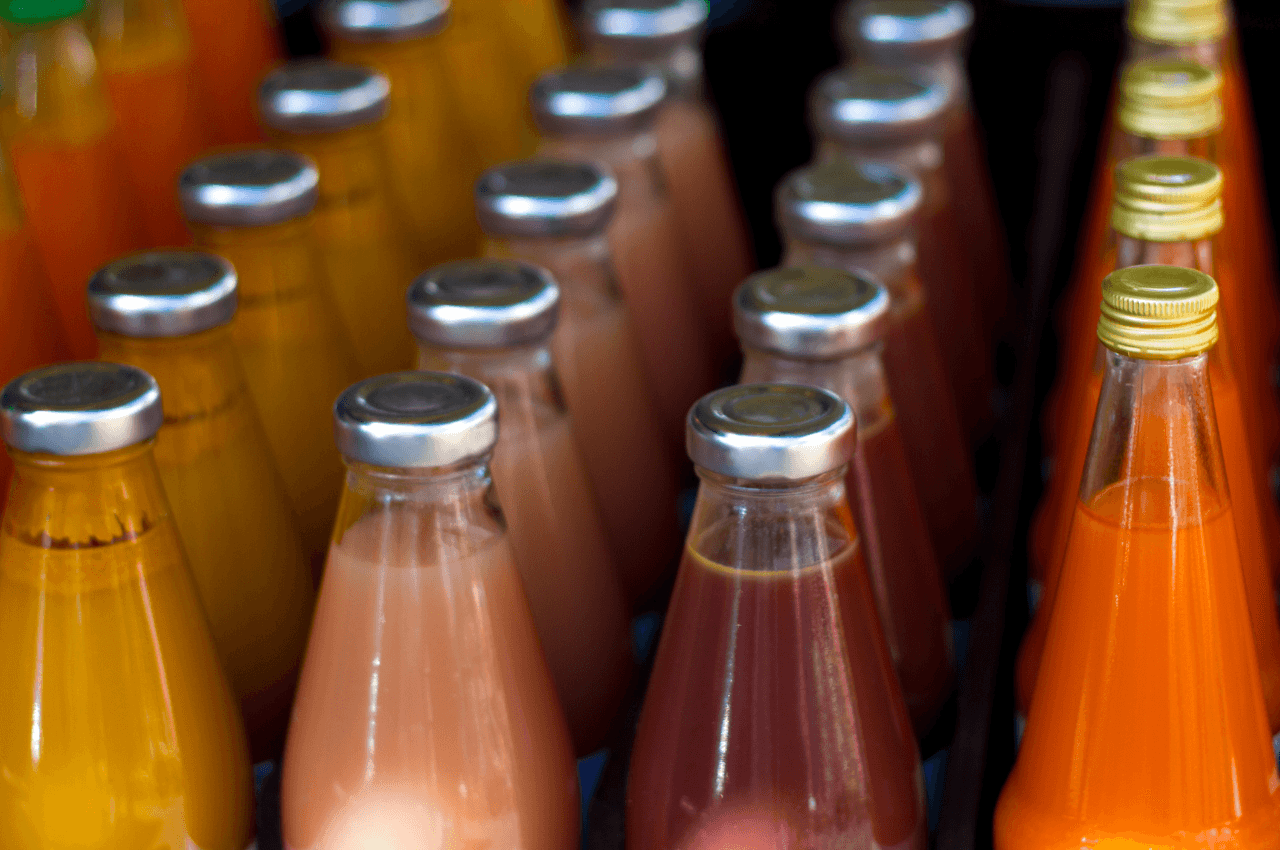Dietary Changes For Managing Osteoporosis
•Nutrition
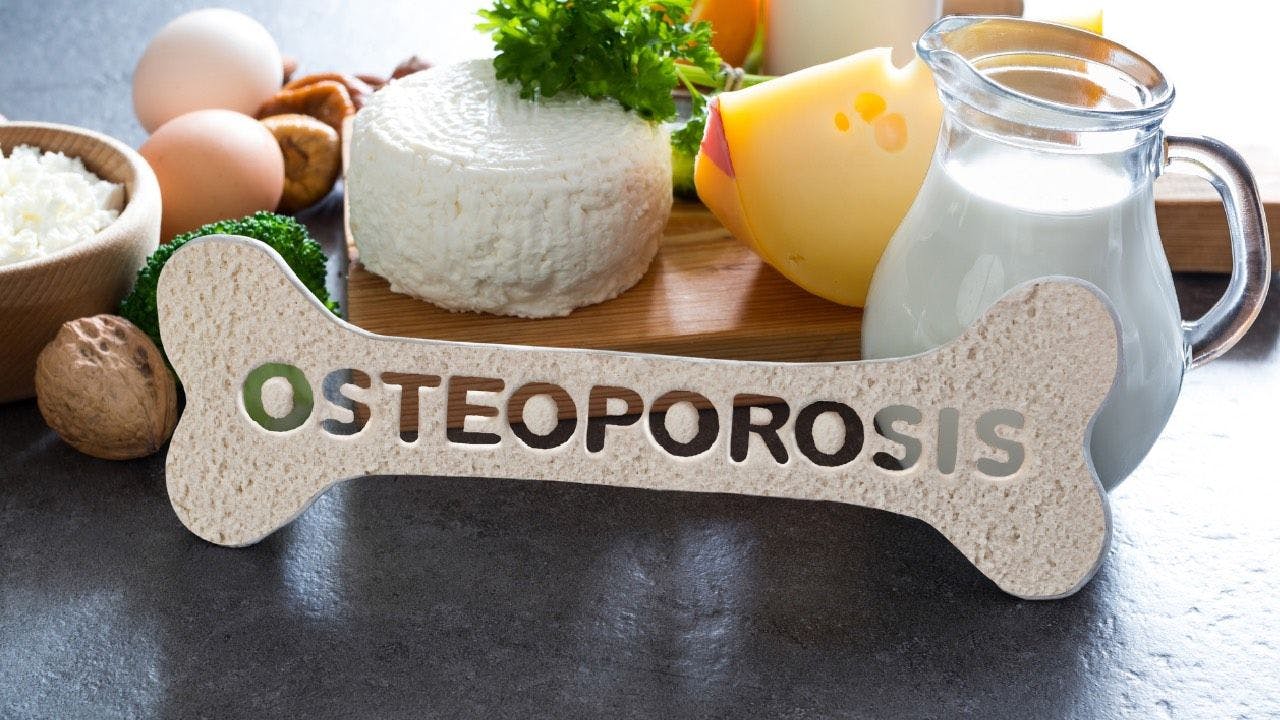
Share
Osteoporosis, characterised by fragile bones and an increased risk of fractures, is a condition affecting millions of people worldwide, particularly women after menopause!
While medical treatment is crucial for osteo, adopting a bone-friendly diet can play a significant role in managing the condition and promoting bone health. Here are our recommendations.
Calcium-Rich Foods
We all know calcium is essential for maintaining strong bones, so be sure to include plenty of calcium-rich foods in your diet.
If your diet lacks calcium, your body will take what is needed from your bones and use it in other parts of your body. When this happens, your bone strength will gradually decline, and this is a common cause behind developing osteoporosis in the first place!
Foods Rich In Calcium
Dairy: Milk, cheese, yoghurt
Seafood: Trout, salmon, oysters, prawns
Meat: Pork chops, chicken
Vegan Foods Rich In Calcium
Nuts & Seeds: Almonds, hazelnuts and walnuts
Fruits: Oranges, strawberries, kiwi fruit and dates
Vegetables: Cucumber, kale, bok choy and leeks
Vitamin D
Vitamin D helps the body absorb calcium effectively, making it vital to maintaining bone health. Sunlight exposure is the best source of vitamin D but too much time spent in the sun isn’t healthy! Find out how to get more vitamin D without the sun here.
Foods Rich In Vitamin D
Salmon
Tuna
Beef liver
Egg yolks
Vegan Foods Rich In Vitamin D
Fortified almond milk
Fortified cereals
Orange juice
Tofu
Mushrooms
Protein
Protein is essential for building and repairing bones, so be sure to include adequate protein into your diet. It’s especially important for seniors, and you need it to lose weight! It’s recommended that protein be included in every meal to help support bone health and muscle strength.
Foods High In Protein
Meat: Beef, lamb, chicken, turkey
Seafood: Fish, prawns, lobster, oysters
Dairy Products: Cheese, Greek yoghurt, Milk
Vegan Foods High In Protein
Legumes & Beans: lentils, chickpeas, split peas, tofu
Nuts & Seeds: Almonds, pine nuts, hazelnuts, sunflower seeds
Vegetables: Broccoli, spinach, green peas, brussel sprouts
Limit Sodium & Caffeine
High sodium intake can lead to calcium loss from the bones! Aim to limit your intake of processed foods and salty snacks.
Excessive caffeine consumption may also interfere with how the body absorbs and metabolises calcium, so try to moderate your intake of tea, coffee, and other caffeinated beverages.
By making some modifications to your diet to include bone-friendly foods, you can support your bones and reduce the risk of fractures associated with osteoporosis!
We strongly recommend consulting with your healthcare provider for personalised guidance on managing your condition.

